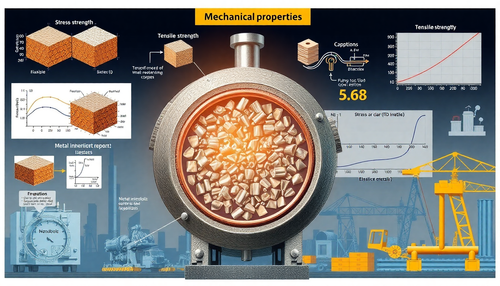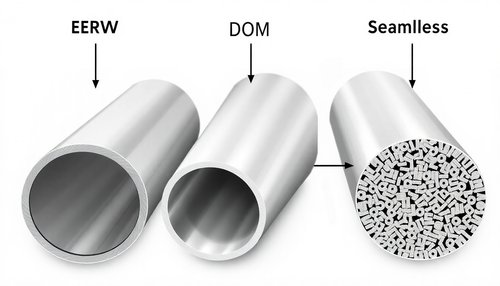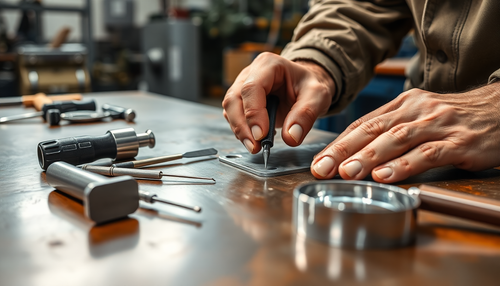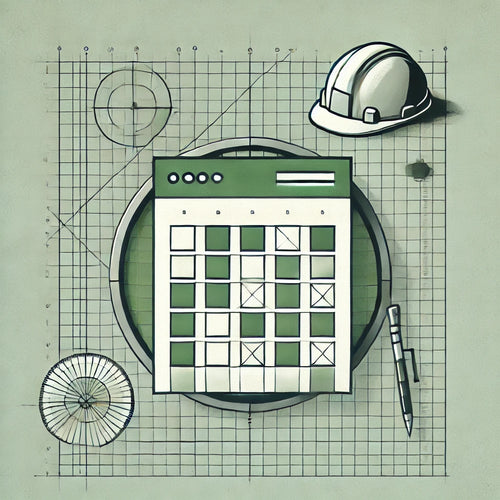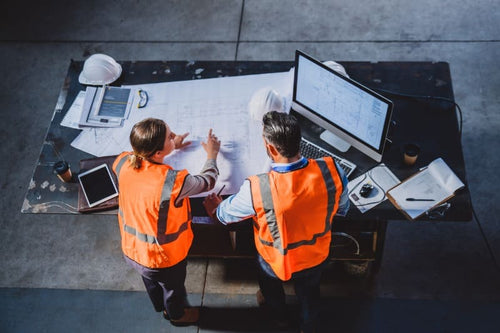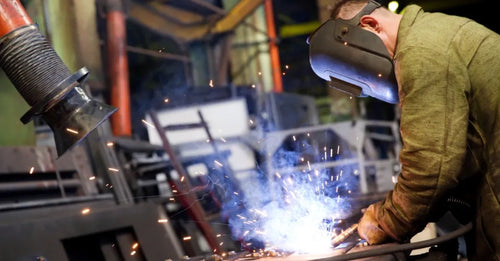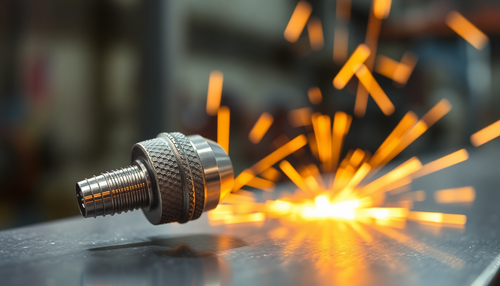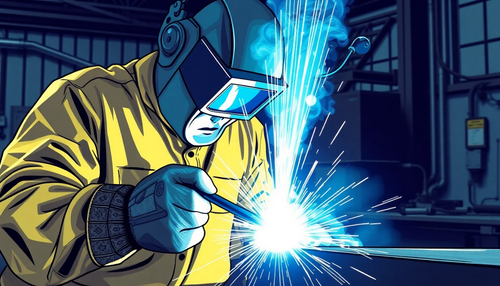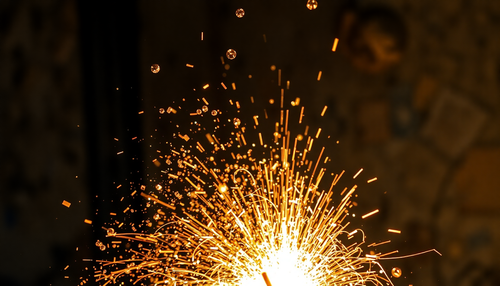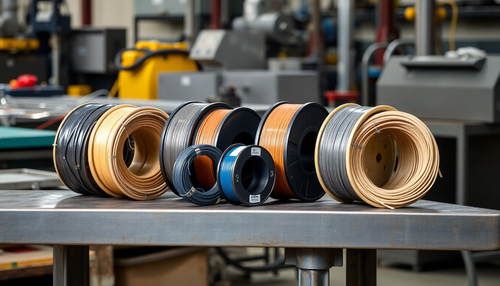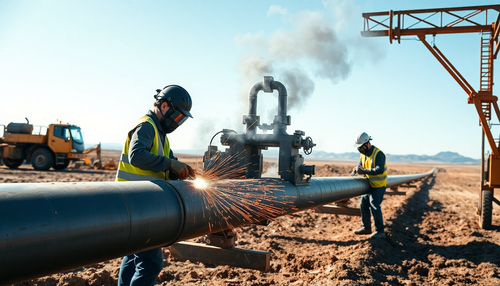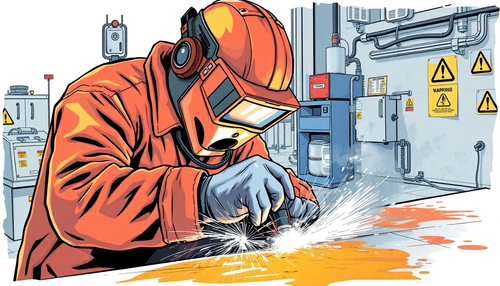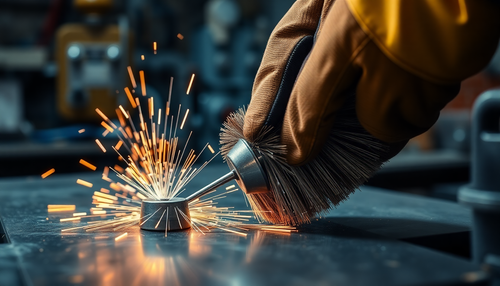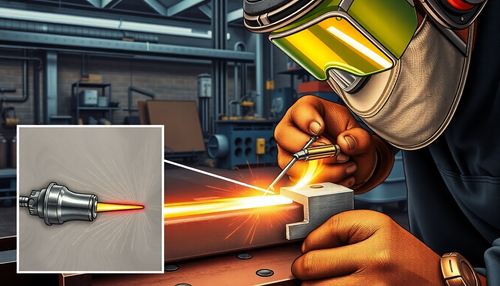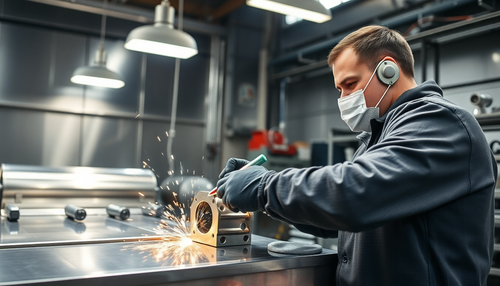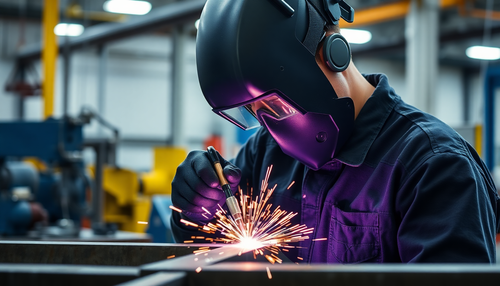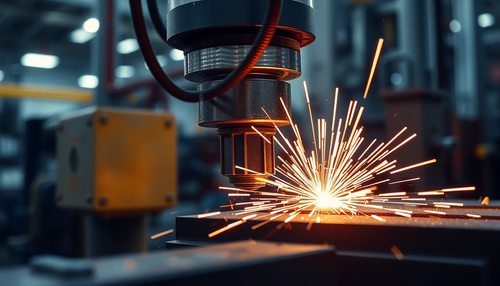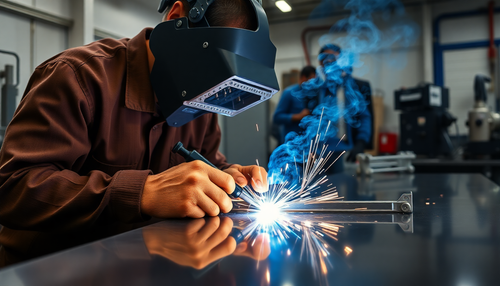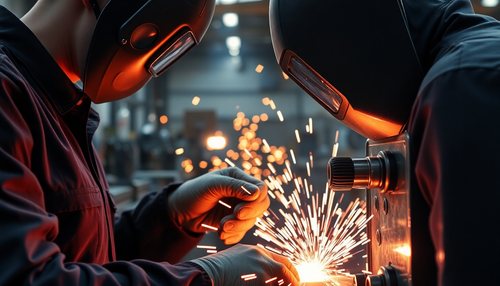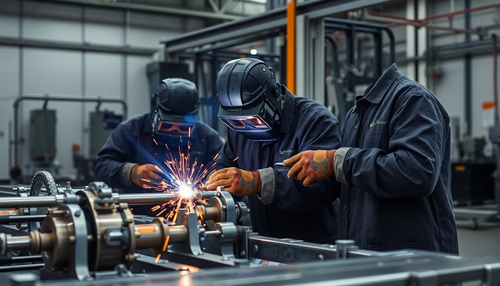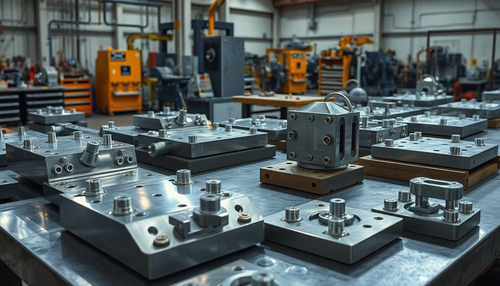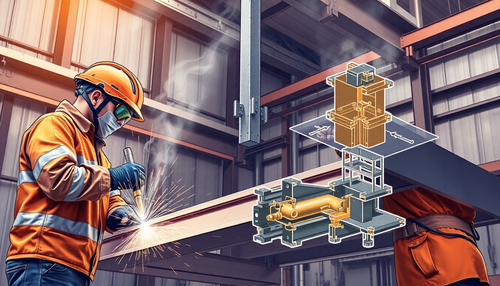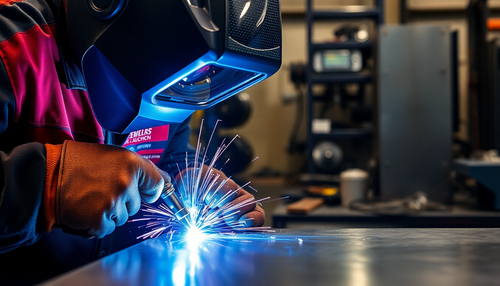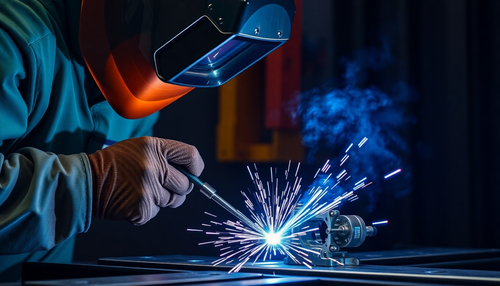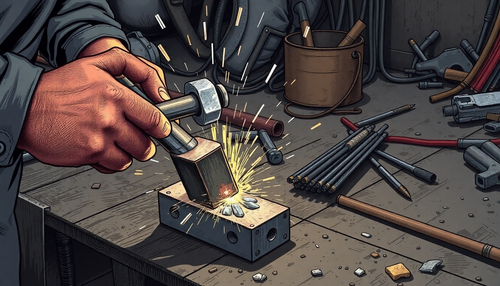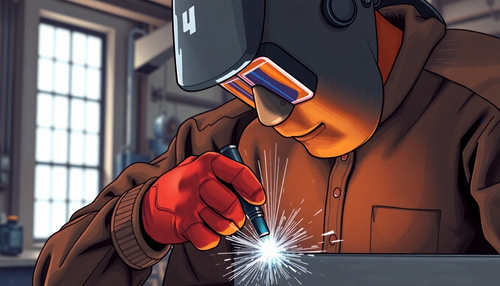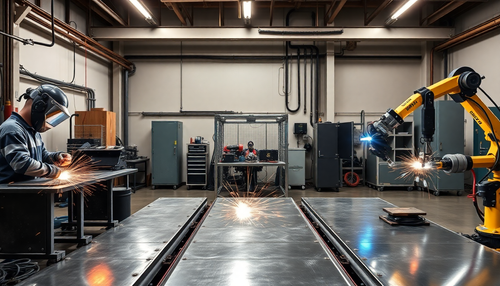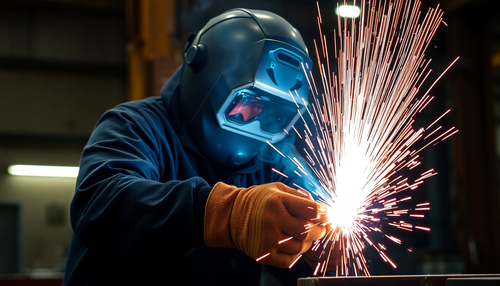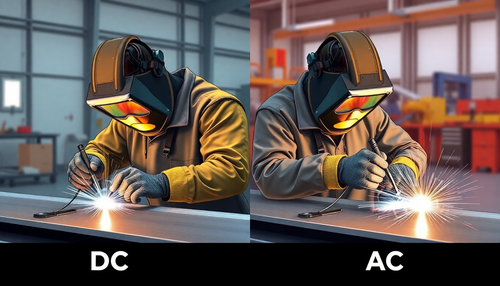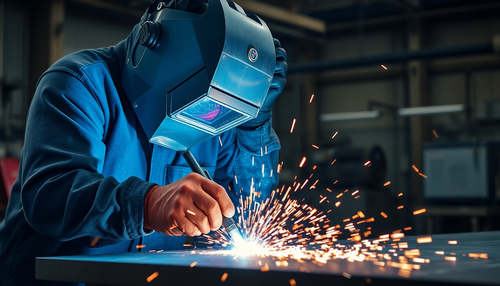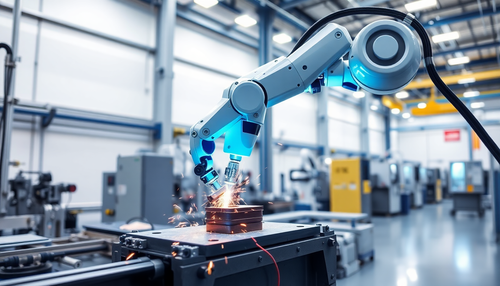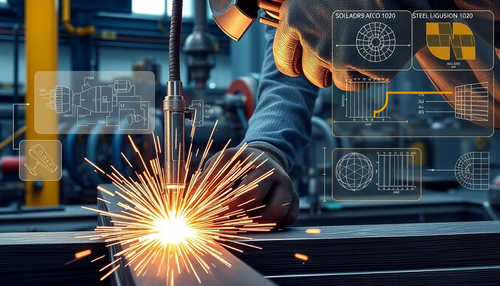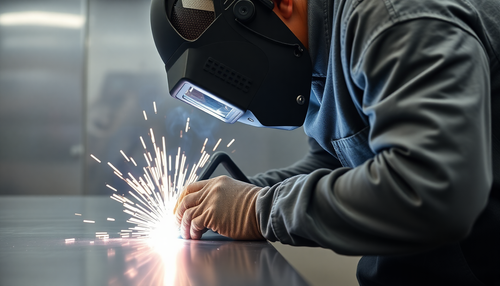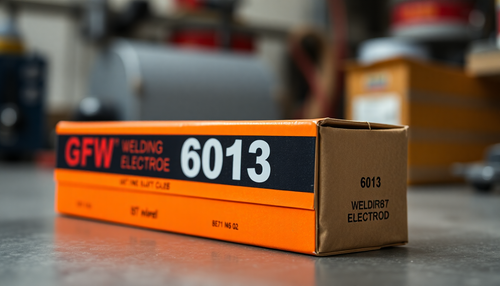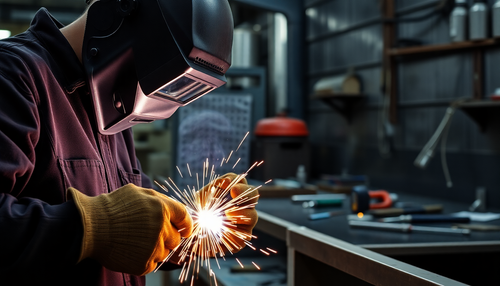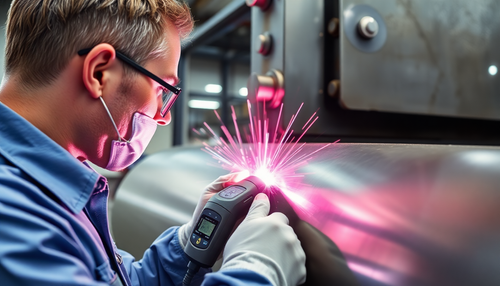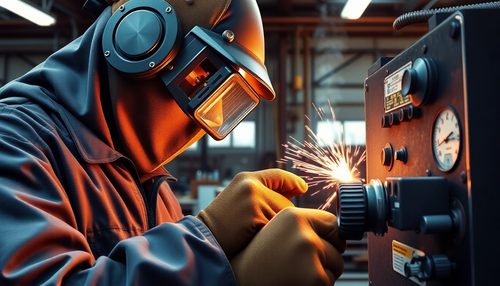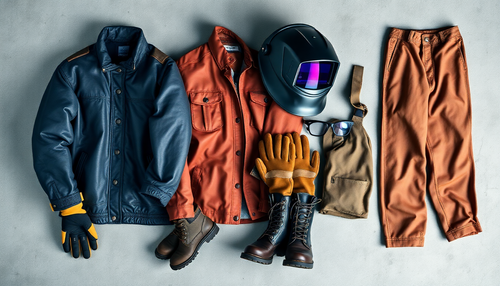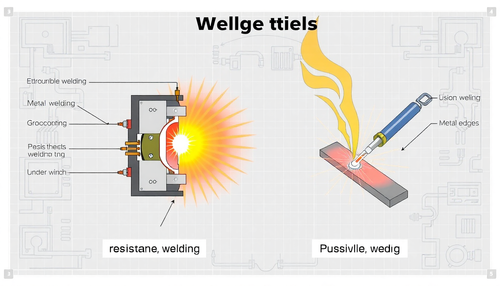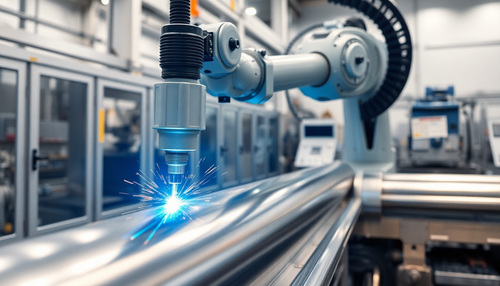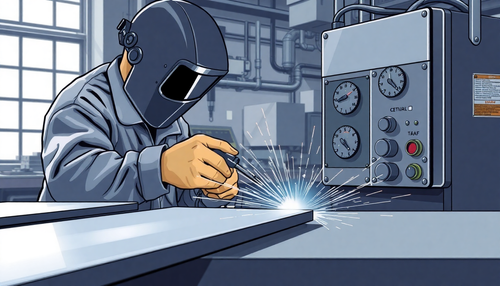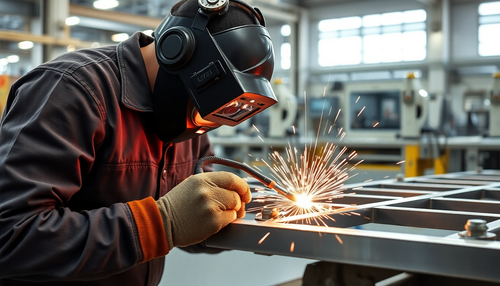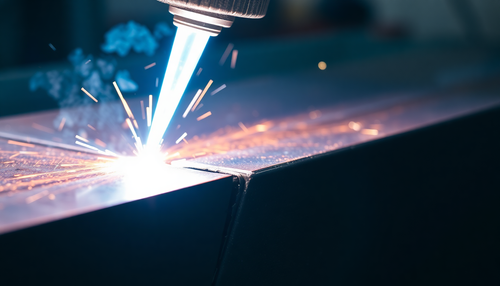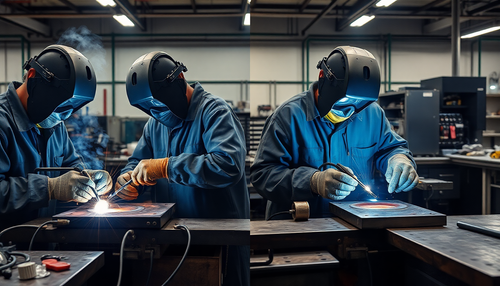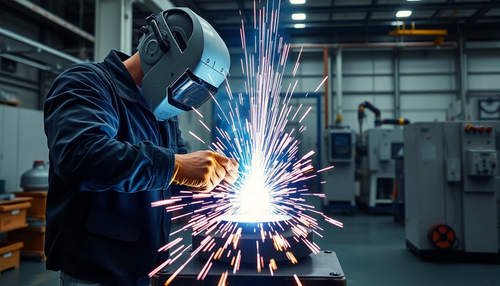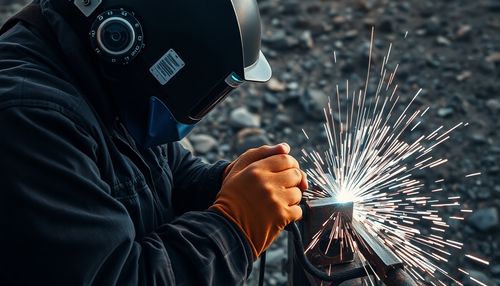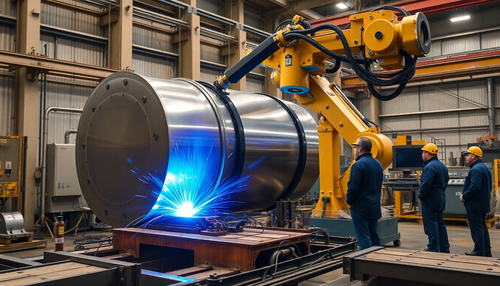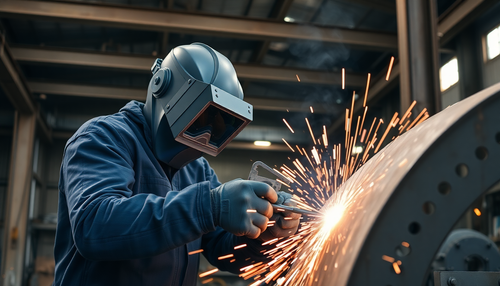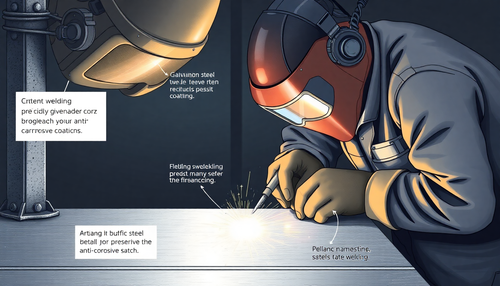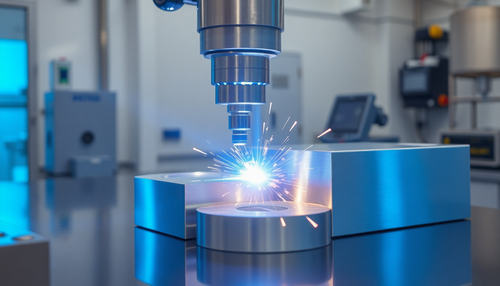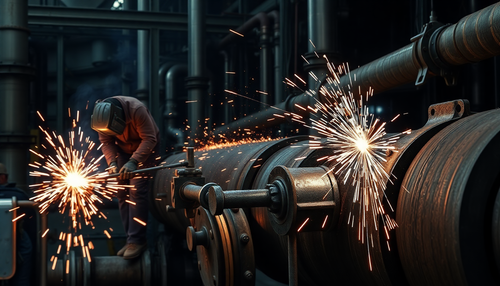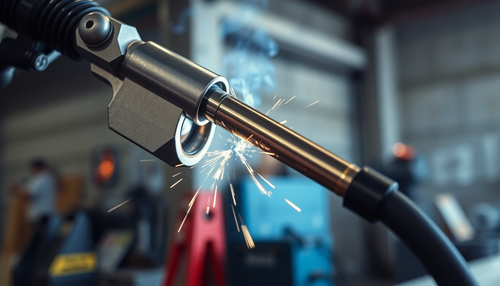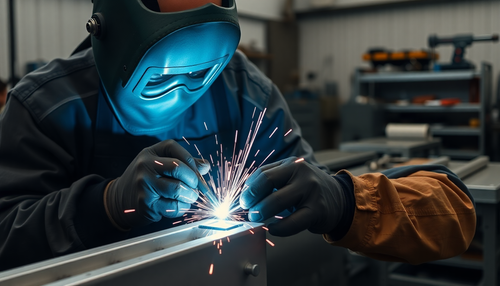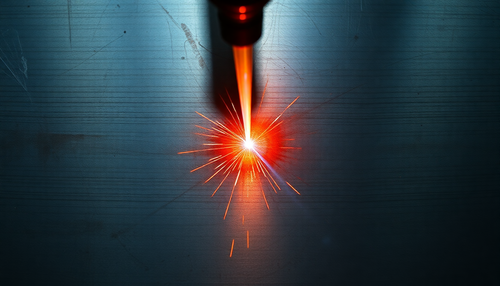
Artificial intelligence (AI) is “fuel for growth” and the manufacturing industry, unlike other business sectors, is in a privileged position to benefit from its application. CNC machining has been the leading technology in manufacturing services for some time, but the introduction of artificial intelligence technology threatens to take over CNC manufacturing operations.
Is artificial intelligence taking over?
Artificial intelligence is no longer an area of academic research. However, machine learning and deep learning are becoming mainstream technologies that many organizations want to use. This could have a positive impact on many industries, including manufacturing.
AI ushers in a new era of industrial development. A revolution that unleashed three dimensions of production: mechanical, electrical and digital technologies. Now AI is ready to drive the fourth revolution: “Industry 4.0”.
When you think about artificial intelligence, the idea that highly intelligent computers and robots could take over humanity worries you. However, this is far from reality.
Artificial intelligence is the operation of algorithms that automatically optimize themselves over time – a process called machine learning.
Technology will revolutionize the world and change the way prototypes are made. There are some interesting CNC prototyping applications powered by artificial intelligence.

How AI is Helping the CNC Manufacturing Industry
This is already a reality and is happening in the manufacturing sector. The use of artificial intelligence has led to a significant reduction in unplanned downtime and product design. Manufacturers use AI analytics to increase efficiency, quality, and employee safety.
Let's take a look at how AI is transforming the manufacturing sector.
Direct automation
They mainly use artificial intelligence in industrial manufacturing during the transition to mass production. Robots can perform repetitive tasks, increase their competence, create automation solutions, design production models, deliver high quality and have no human errors.
Uninterrupted production
Humans work three shifts to ensure continuous production, while robots work on a production line 24 hours a day. With this capacity, the company grows and can expand its production to meet market demand.
Conducive operating environment
The integration of artificial intelligence means that fewer people have to carry out dangerous and difficult work. With robots replacing humans, the number of workplace accidents has dropped to a minimum.
Better products through pro-creative design
Artificial intelligence is changing the way products are designed. One method is called generative design software. Engineers and designers enter brief details as input to the AI algorithm. This includes data indicating constraint parameters such as material type, available production method, budget limits, and time constraints.
AI algorithms examine a solution before suggesting the best one. They test the response using machine learning and provide additional information about which design works best.

Adaptable to the ever-changing market
Artificial intelligence is a crucial element of the Industry 4.0 revolution. It is not just limited to production processes. AI is also used to improve the production chain, helping a company anticipate market changes. This gives management the advantage of formulating a strategic plan to deal with market waves.
Artificial intelligence creates market estimates after examining various patterns resulting from the association of locations, macroeconomic factors, political status, socioeconomic factors, consumer behavior and many others.
The information collected is critical to the production services sector as it provides guidance to the industry on staffing issues, inventory control, raw material supply and energy consumption.
What is CNC machining?
CNC refers to the use of a computer-controlled and numerically controlled machine. This technology is widely used for various tasks in the manufacturing industry. CNC machining is a process in the manufacturing services sector that uses a set of predefined computer codes that dictate the control of existing machines such as grinding machines, milling machines and lathes.
How artificial intelligence influences CNC machining
Like any other industrial process, errors can occur in CNC machining. However, artificial intelligence can help.

Reduced machine downtime
Machine errors can have many causes, e.g. B. Wear of parts, device calibration or sometimes for no reason. In these cases, time is lost while the operator tries to find the cause of the problem.
The main advantage of applying AI technology to CNC machines is saving time by enabling self-diagnosis. The machine learns its normal operation. Therefore, if an error occurs, it will be detected and the software will try to resolve the problem.
Machine optimization
In addition to using the collected data for diagnostic purposes, more advanced artificial intelligence analyzes this data and changes machine settings to optimize prototype production. For example, if the data collected shows that reducing pressure results in a perfectly finished product, the CNC machine is instructed by AI to make adjustments automatically.
Quality control
With CNC manufacturing, the final product can sometimes be incomplete. Artificial intelligence can help maintain result consistency.
When using software like Autodesk FeatureCAM, AI ensures the quality of the finished prototype. Therefore, CNC machine production is monitored and adjustments are made automatically to ensure ongoing consistency.
University Degree
Artificial intelligence has the potential to improve and expand human capabilities and help companies succeed more quickly and efficiently. The technology can solve some critical internal challenges plaguing the CNC manufacturing services industry. These include a lack of experts for complex decisions, integration problems and information overload.
Prototype production will be positively linked to other production services through cloud computing with AI optimization engines, diagnostic capabilities and self-modification. Ó just means that the future of the CNC manufacturing industry will be better with the help of artificial intelligence.


